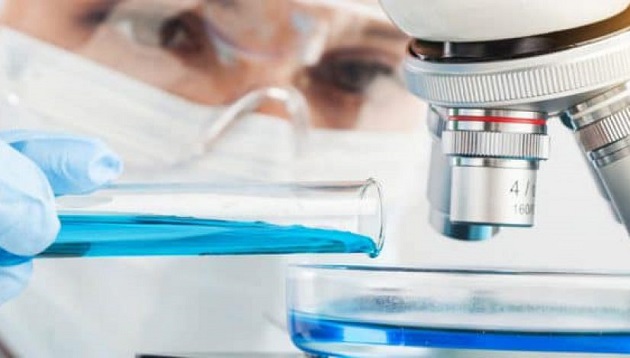
Industry update
News
Research
Aquaculture biotech firm builds coronavirus detection centre
March 30, 2020 By Nestor Arellano

A Polish biotechnology company, which also develops antibacterial solutions for the aquaculture industry, announced that it is joining the battle against the Covid-19 pandemic.
On March 23,Proteon Pharmaceuticals and the Institute of Medical Biology of the Polish Academy of Science, of the University of Lodz started work on a SARS-CoV-2 Coronavirus Detection Centre in Lodz, Poland.
The facility will be used to conduct large-scale tests for virus diagnosis. It will be staffed by a team of microbiologists, geneticists, doctors and experts, including scientists from biotechnology company Proteon Pharmaceuticals.
The goal is to conduct as many tests a possible in the shortest possible time, according to a press release from the company.
“Quick and mass diagnostics is currently the most important tool for stopping the growth of coronavirus infections. If it is possible to detect a virus infection faster and on a larger scale, the infected people will be isolated sooner and receive appropriate treatment,” said Prof. Jaroslaw Dastych, chief executive of Proteon.
Proteon is a Polish biotechnology company that specializes in the field of precise microbiome modulation to improve human and animal health. The company’s bacteriophage technology platform uses molecular biology, genomics, bioinformatics, and artificial intelligence to create antibacterial solutions.
Proteon’s first aquaculture product Bafador, is a feed additive. The product prevents and eliminates opportunistic infections on fish while enhancing immune functions.
The coronavirus detection centre is led by prof. Maciej Borowiec from the Medical University of Lodz. The research team is made up of scientists from the Institute of Medical Biology of the Polish Academy of Sciences, the Faculty of Biology and Environmental Protection at the University of Lodz, the Medical University and Proteon Pharmaceuticals S.A. Work in the laboratory at the Medical University will be ongoing 24/7.
“In order to launch the laboratory, we engaged a large group of experts from the Medical University, but also from the University of Lodz, the Polish Academy of Sciences and the private sector,” said Dr. Monika Domarecka, director of the Central Clinical Hospital. “We have gathered the necessary equipment and a team of people with specialist education, skills and, above all, willingness to work in a difficult situation.”
The centre supports existing laboratories in Lodz by collecting samples from infectious hospitals in Lodz and Zgierz. This means that it does not accept samples directly from patients. People who suspect they have a disease are asked to follow the procedures, such as stay at home and contact relevant authorities as soon as possible.
Print this page